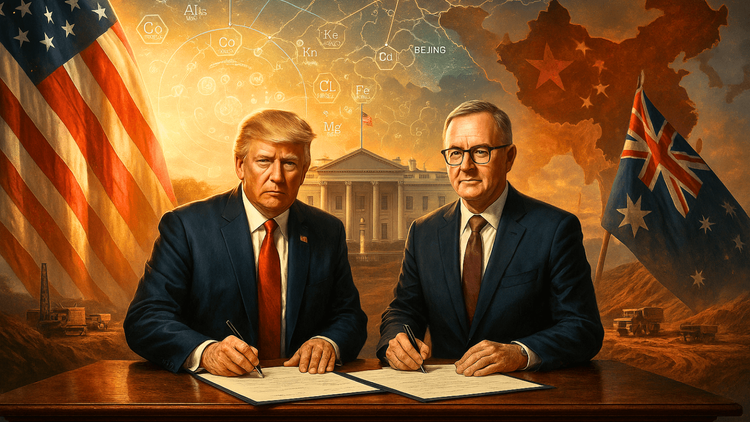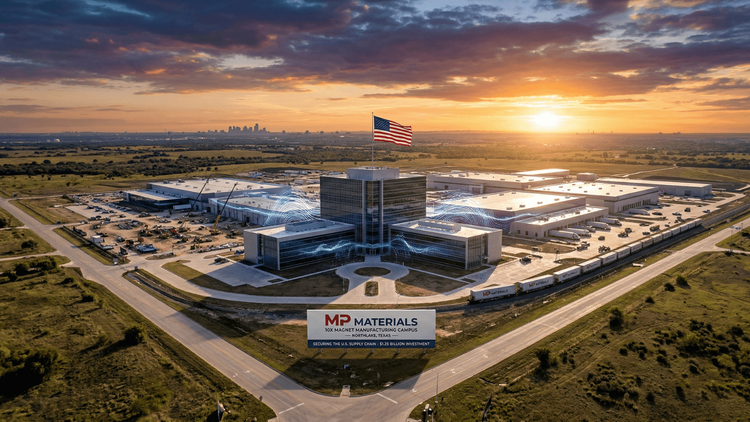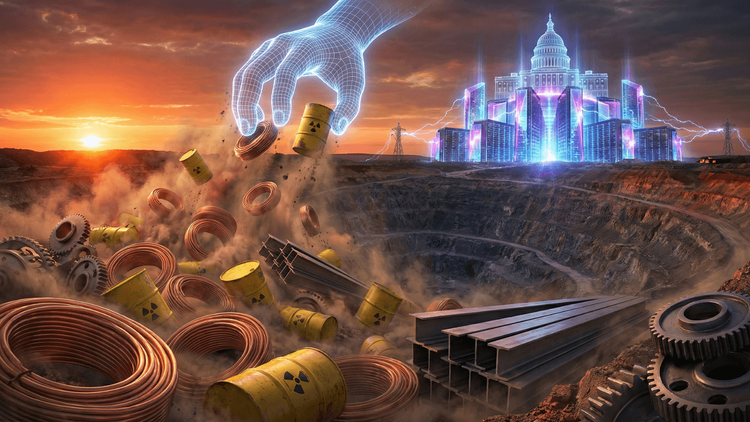New US-Australia Pact Challenges China’s Control of Critical Minerals
Washington and Canberra forge an $8.5 billion alliance to secure rare earths and critical minerals, reshaping global supply chains and countering China’s resource dominance.

In a move that could redefine global supply chains, President Donald Trump and Australian Prime Minister Anthony Albanese signed an $8.5 billion critical minerals agreement at the White House on Monday. The deal signals a deepening alliance between two resource-rich democracies determined to break China’s stranglehold on the world’s supply of rare earths and critical minerals.
Trump described the pact as a “massive leap forward,” emphasizing that within a year the United States would have access to “so much critical mineral and rare earth that you won’t know what to do with them.” Albanese echoed the sentiment, calling the deal a “next-level partnership” that binds Washington and Canberra closer than ever before.
A Strategic Partnership in a Shifting World
The timing of the agreement couldn’t be more strategic. Earlier this month, Beijing announced new export controls requiring government approval for any magnets containing trace amounts of rare earth materials sourced or refined in China. The move has alarmed Western policymakers who see it as a thinly veiled attempt to weaponize the supply chain.
For Washington, Australia represents both a friend and a formidable mining powerhouse. With vast deposits of lithium, cobalt, and rare earth elements, the continent is uniquely positioned to help reduce global dependence on China’s production dominance. Kevin Hassett, director of the White House National Economic Council, praised Australia’s “world-class mining economy,” calling it “a cornerstone in America’s effort to make the global economy less risky and less exposed.”







